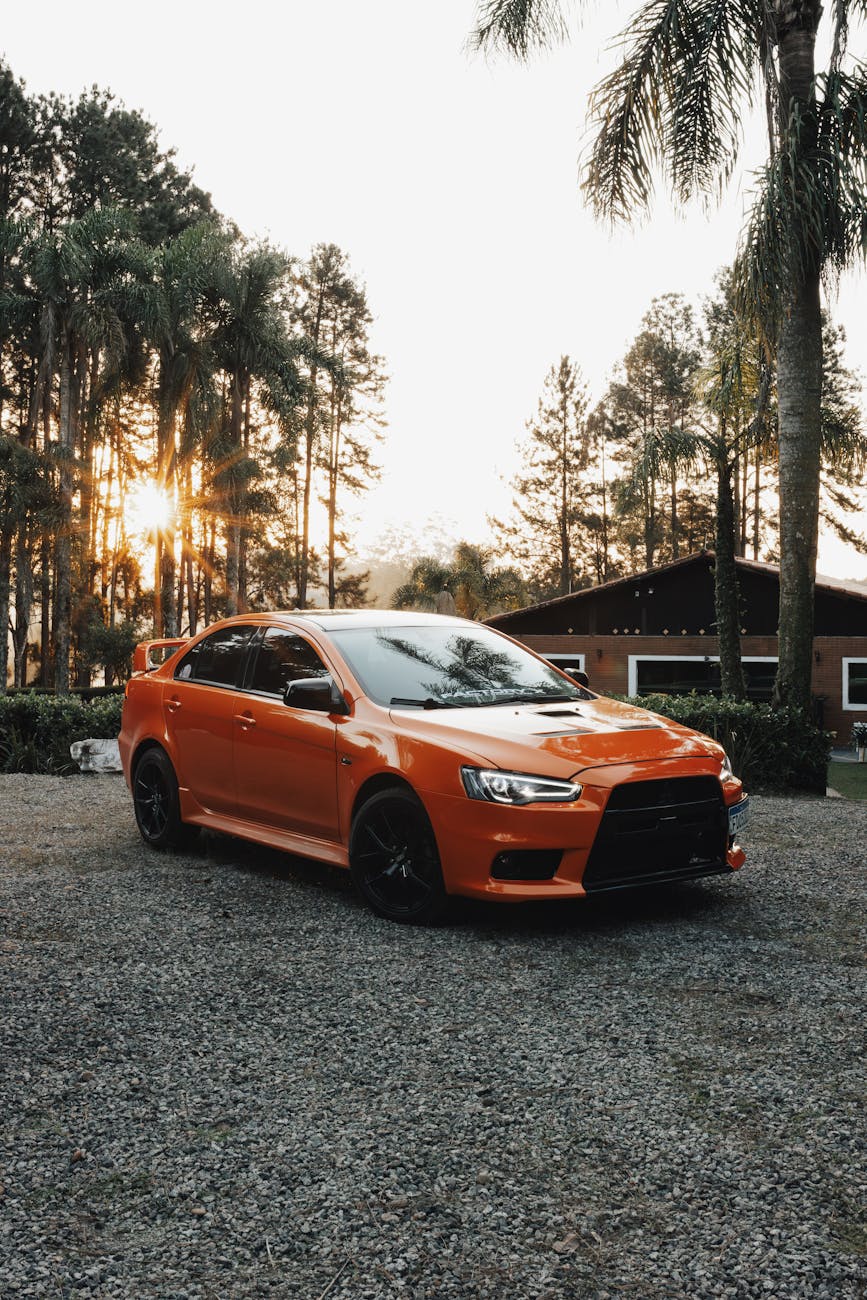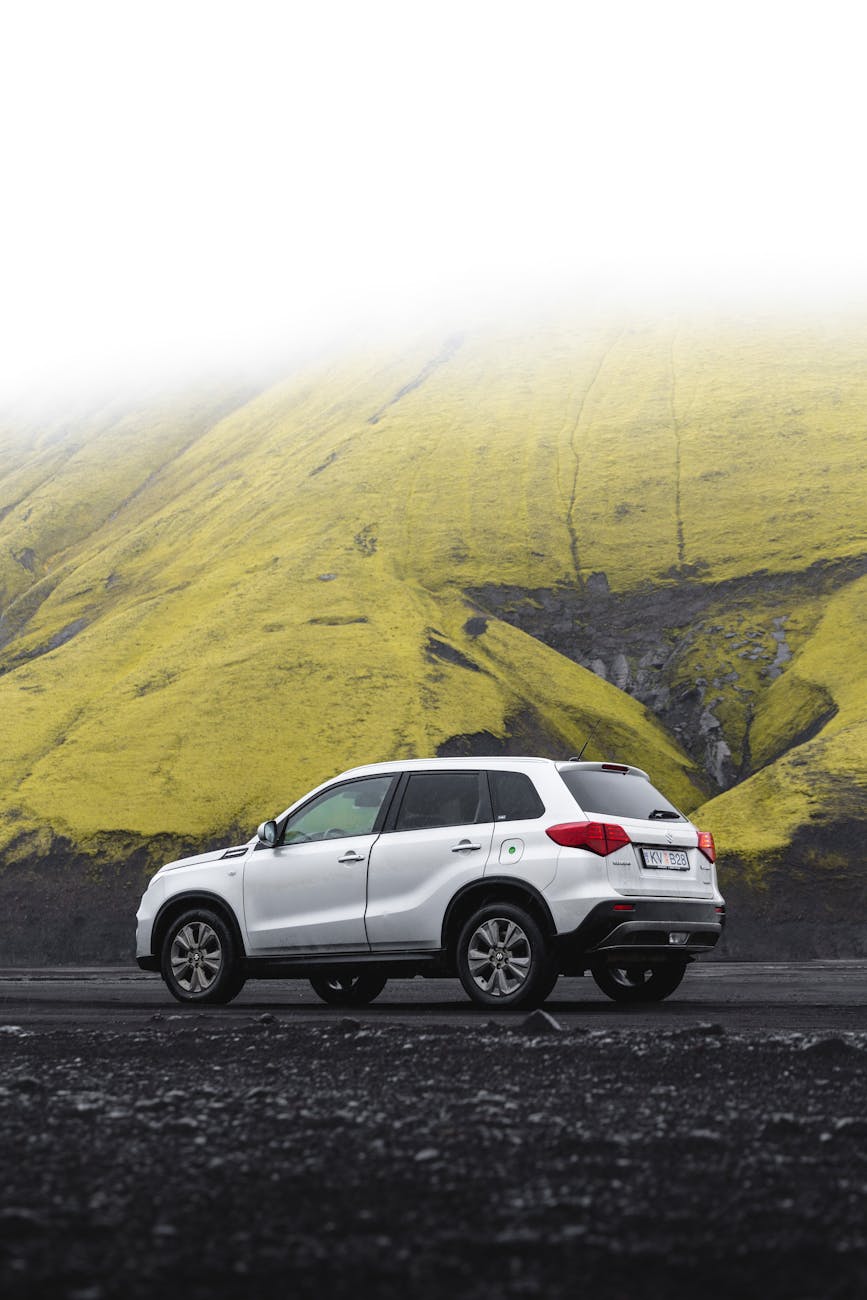Understanding PCP Agreements
When navigating a personal contract purchase (PCP) agreement, it’s crucial to understand the basics and the role of balloon payments.
Basics of PCP
A Personal Contract Purchase (PCP) is a car finance option that allows you to pay lower monthly payments over a fixed term, typically between 24 and 48 months (Wikipedia). At the end of the agreement, you have several options, including making a final balloon payment to own the car, returning the car, or trading it in for a new one.
| Feature | Details |
|---|---|
| Contract Length | 24 – 48 months |
| Monthly Payments | Lower than traditional hire purchase |
| Deposit | Usually around 10% of car value |
| Final Payment | Balloon payment required to own the car |
During the contract period, you pay interest on the total borrowing amount, which includes the balloon payment. This setup allows you to drive a car with manageable monthly payments and the flexibility to decide what to do at the end of the agreement.
Balloon Payments in PCP
The balloon payment is a crucial aspect of a PCP agreement. This final payment, also known as the Guaranteed Minimum Future Value (GMFV), is based on the finance company’s estimate of the car’s residual value at the end of the term.
| Aspect | Details |
|---|---|
| Calculation Basis | Future residual value of the vehicle |
| Payment Options | Direct debit or return the car in lieu of payment |
| Impact | Determines whether you own the car or need to return it |
At the start of the PCP agreement, the balloon payment is typically set to be less than the expected value of the car at the end of the term. This setup creates potential equity that you can use as a deposit on another vehicle. However, this equity is not guaranteed (Wikipedia).
Understanding the intricacies of PCP agreements and balloon payments can empower you to make informed decisions and avoid potential pitfalls. If you believe you have been mis-sold a PCP agreement, consider seeking professional advice to explore your options for compensation. For more comparisons, visit our section on PCP vs. Hire Purchase.
PCP vs. Hire Purchase
When considering car finance options, it’s crucial to understand the differences between Personal Contract Purchase (PCP) and Hire Purchase (HP). Both these options involve monthly installments but differ significantly in terms of structure and ownership.
Key Differences
| Feature | Personal Contract Purchase (PCP) | Hire Purchase (HP) |
|---|---|---|
| Initial Deposit | Around 10% of the car value | Around 10% of the car value |
| Monthly Payments | Lower due to deferred balloon payment | Higher, no balloon payment |
| Final Payment | Balloon payment to own the car | No final payment, car is owned after last installment |
| Flexibility | Options to keep, trade, or return the car | Ownership only after full payment |
| Interest Accumulation | Higher due to lower monthly payments | Lower due to higher monthly payments |
| Deposit Contributions | Often provided by manufacturers | Rarely provided |
Both PCP and HP require an initial deposit of around 10% of the car’s value. PCP finance options usually have lower monthly payments because the payments cover the vehicle’s estimated depreciated value rather than the entire purchase price. This makes PCP seem more affordable initially, but it accumulates more interest over time.
Ownership Comparison
Ownership is a significant factor that differentiates PCP from HP. In a Hire Purchase agreement, you will own the vehicle outright after making the final monthly payment. There is no balloon payment required at the end of the contract. This makes HP a straightforward option if you intend to keep the car for the long term.
In contrast, with a Personal Contract Purchase agreement, ownership is only transferred if you make the final balloon payment. PCP offers flexibility at the end of the contract, providing you with three options: keep the car by making the balloon payment, trade it in for a new model and contract, or return the car and walk away (Bumper). This flexibility can be advantageous if you prefer changing cars frequently or are unsure about long-term ownership.
For those who have been mis-sold a PCP and are seeking compensation, understanding these differences is essential. You may want to explore more about pcp car finance options and their implications in our detailed articles. Additionally, if you’re considering other options, check out our comparison on pcp vs hp for further insights.
Pros and Cons of PCP
When considering a personal contract purchase (PCP), it’s essential to weigh the advantages and disadvantages to determine if it’s the right financing option for you. Below, we outline the key benefits and drawbacks of PCP.
Benefits of PCP
Personal contract purchase (PCP) offers several advantages, making it a popular choice for many individuals.
Lower Monthly Payments: PCP typically involves lower monthly installments compared to other financing options like hire purchase. This is because you’re financing the vehicle’s estimated depreciated value rather than its full price.
Flexibility: At the end of the PCP agreement, you have multiple options. You can pay the balloon payment to own the car, return the car without any further obligations, or use the equity as a deposit for a new vehicle (Wikipedia).
Deposit Contributions: Many car manufacturers offer deposit contributions, reducing the amount you need to pay upfront.
New Car Regularly: PCP is ideal if you prefer driving a new car every few years. The lower monthly payments and flexible end-of-term options make it easier to upgrade to a newer model (Experian).
| Benefit | Description |
|---|---|
| Lower Monthly Payments | Finance the vehicle’s depreciated value |
| Flexibility | Multiple end-of-term options |
| Deposit Contributions | Reduced upfront payment |
| New Car Regularly | Easier to upgrade models every few years |
Drawbacks of PCP
While PCP has its perks, there are also some disadvantages to consider.
Balloon Payment: At the end of the agreement, you must make a significant final payment (balloon payment) if you want to own the car. This amount can be substantial and may require additional financing.
Interest on Entire Amount: Interest is payable on the entire borrowing amount, including the balloon payment, which can make PCP more expensive over the long term (Wikipedia).
Mileage and Wear Limits: PCP agreements often include restrictive mileage limits and wear and tear charges. Exceeding these limits can result in additional fees.
No Ownership Until Final Payment: You do not own the vehicle until you’ve made the final balloon payment. This means the car can be repossessed if you fail to keep up with repayments (Experian).
| Drawback | Description |
|---|---|
| Balloon Payment | Significant final payment required |
| Interest on Entire Amount | Higher overall cost due to interest |
| Mileage and Wear Limits | Potential additional fees |
| No Ownership Until Final Payment | Risk of vehicle repossession |
Understanding the benefits and drawbacks of PCP can help you make an informed decision. For more detailed comparisons, visit our page on pcp vs hp. If you need help calculating your potential payments, check out our pcp calculator and pcp car loan calculator.
Applying for PCP Finance
When considering a Personal Contract Purchase (PCP) for your next vehicle, it’s crucial to understand the application process and the documentation required. Here, we break down the essentials.
Application Process
Applying for PCP finance involves several steps. Understanding these can help streamline the process and improve your chances of approval.
- Choose Your Vehicle and Dealer: Start by selecting the car you want. You can explore various pcp car deals to find the best option.
- Calculate Your Budget: Use a pcp calculator to determine your potential monthly payments. Factors affecting payments include the car’s depreciation rate, deposit amount, contract length, mileage limit, and APR.
- Submit Your Application: Provide your personal details, employment history, and bank details. The finance company will evaluate your creditworthiness.
- Approval and Agreement: Upon approval, you will receive a PCP agreement outlining the terms, including the deposit, monthly payments, and the balloon payment. Review this carefully before signing.
- Vehicle Delivery: Once the agreement is signed and the deposit paid, the dealer will arrange for the delivery of your new car.
Required Documentation
To support your PCP finance application, you must provide several key documents. Having these ready can expedite the process.
| Document | Purpose |
|---|---|
| Driver’s License | Proof of identity and eligibility to drive |
| Proof of Address | Verify residency (utility bill, bank statement) |
| Proof of Income | Confirm ability to meet monthly payments (pay slips, bank statements) |
| Employment History | Demonstrates financial stability |
| Bank Details | Necessary for setting up direct debits |
These documents help the finance company assess your application accurately.
By understanding the steps involved in the application process and ensuring you have all required documentation, you can navigate the complexities of personal contract purchase (pcp) with confidence. For more details on how PCP compares to other financing options, explore our pcp vs hp comparison.


